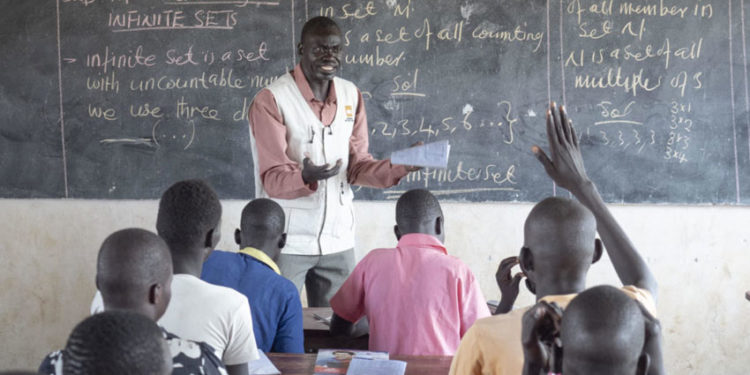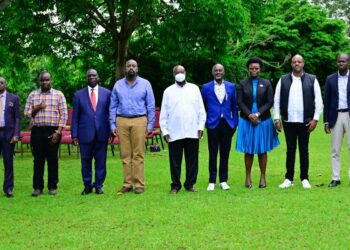There is no doubt, government through the introduction of free universal education at primary and secondary levels has tremendously increased the literacy level in the country. However, the quality of it’s out put has increasingly become poor. Some drastic changes need to be undertaken to match with the current demands world over.
Whereas government has started to undertake some of the reforms, others needs immediate attention as discussed below;
1. Change the UPE/USE policy of automatic promotion and enrollment. This will encourage schools to promote and enroll according to learners’ competence and Ministry’s set guidelines on pupil to teacher and pupil to infrastructure ratios. This will create competition and demands to expand current schools and construct new ones. I’m happy that govt has embarked on construction of serious seed secondary schools country wide.
2. Promote project-based pedagogy learning to encourage active learning and student exploration to solve real-life problems. This will gradually reduce the need for exams and instead boost student school experiences while strengthening student-centred learning, individual and group research and innovation. Schools should be provided with grants to facilitate student-led projects piloting the solving of current problems in our society.
Govt through NCDC has already done this at O level and considering a review of the A level curriculum.
3. Provide vocational training and education starting from S.2–compulsory for every school. Students should be provided with theory and practical lessons and encouraged to take vocational careers based on the potential. After S.4 schools should be able to provide arrangements for apprenticeships for all students with emphasis on those at risk of not joining A-Level
4. Computer literacy and training should be compulsory starting from P.3. In other countries, 12 year-olds know how to code. FOR us, some IT graduates are clueless about it. The future of the world lies in Computer literacy and applications, so it is important to consider it at an early age. This will supplement the project-based pedagogy and ensure learners can use technology to solve today’s problems.
5. Strengthen school governance bodies such as PTA, SMC, BOG. Each school should have a governance manual or handbook that details the election, induction, and operation of the bodies. They should have a guiding document on how to provide insight, monitor and support schools to achieve their set objectives. In addition, it should be compulsory for parents to be involved in their children’s education–this will stimulate positive parent-teacher, parent-pupil, pupil-teacher relationships and encourage learning to be continuous. It will also Foster accountability, monitoring and support.
6. The Ministry should also address the sexual, reproductive and mental health of learners by ensuring that all SWTs and SMTs are trained to provide psycho-education, psychotherapy, and sexual education. Sexual education should be compulsory and frequently provided–as the lack of it has been linked to higher rates of school drop outs due to early pregnancy and early marriage.
Similarly, adequate infrastructure for WASH including enough changing rooms for girls during menstruation, sanitary pads and information on Menstrual Hygiene and Health including abnormal menstruation should be provided to both girls and boys.
7. Lengthen the transition period to full usage of English language in primary…teachers should use both English and local languages for at least 2 years before use of English alone. Govt has done this through the introduction of thematic curriculum.
The writer is a Jinja based researcher, senior teacher & NRM mobiliser.
0754877595
georgemubiru93@gmail.com
Do you have a story in your community or an opinion to share with us: Email us at editorial@watchdoguganda.com













